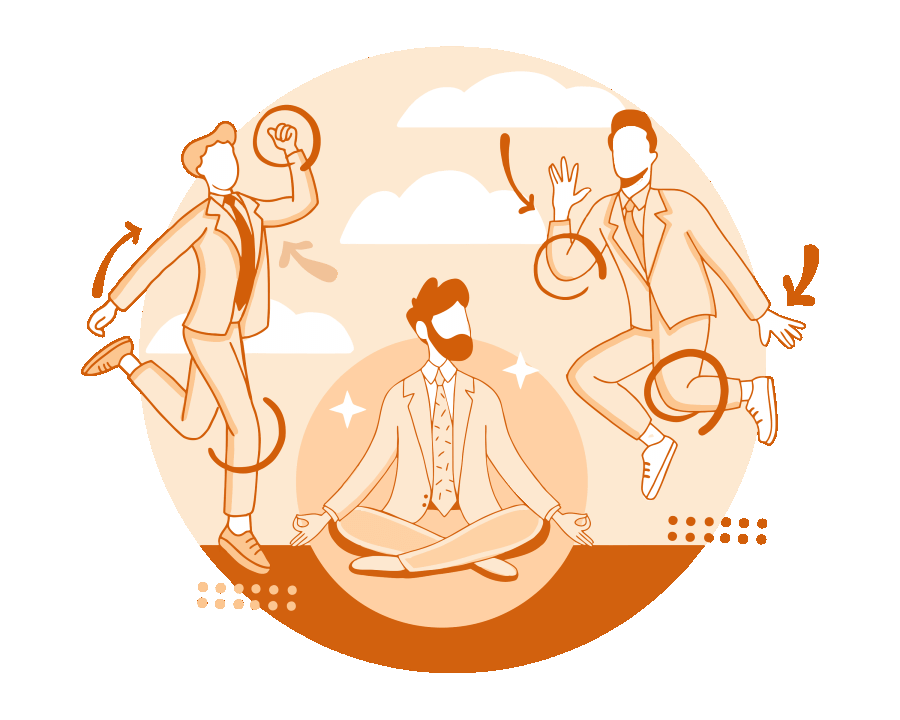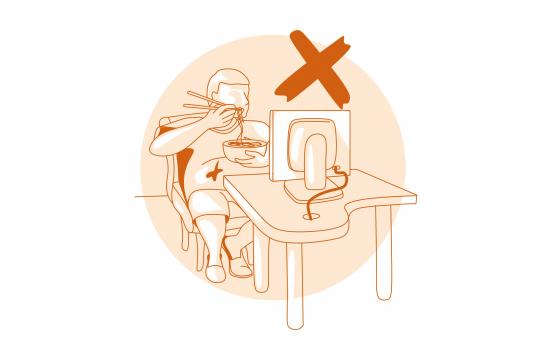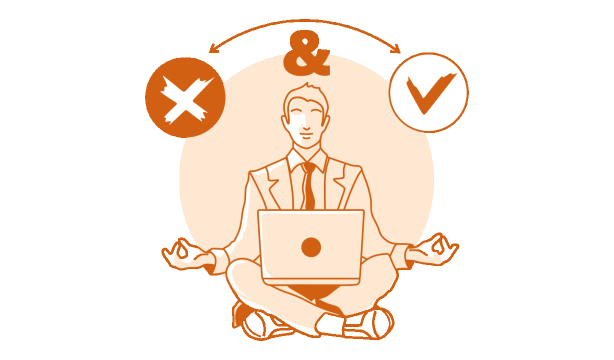
According to statistics, only 7% of your communication consists of your words, 38% is composed of vocal elements such as intonation, and 55% is non-verbal. To put it another way, they are things such as your facial expressions, gestures, and posture. As we analyze such data, we must realize that the way we speak is at least as important as what we say to them.
In today's world, in which each of us has read at least one book on psychology, watched at least one "How to Be a Great Conversationalist" video, or been to a session with a psychologist, the term "body language" has long been familiar to us. Now that we are aware of a few psychological techniques, we unconsciously observe people, trying to analyze their gestures, facial expressions, and movements. Even though we are zealous about reading the body language of others, we are surprisingly ignorant about our own. In order to be in tune with yourself, control sometimes unconscious behavior, and finally, get in the right spirit prior to your long-awaited interview, you should answer the following questions:
When was the last time I ate? Satisfying basic needs affect our mental state, and thus “the language of our body” which carefully analyzes by our colleagues and subordinates. Don't forget to eat a few hours before the meeting. Also, ensure that you have a bathroom break, and, especially, be cautious about how much coffee you consume.
I am ready, right? Hoping for a miracle if you haven't prepared for a meeting at all, sounds kind of absurd because if you haven’t prepared, you try your best to hide unawareness and, as a result, your body language begins to show all the flaws.
Am I mentally stable? Feeling irritated or mad at someone? You should take a break here. Both verbal and non-verbal communication are incompatible with anger.
Do I really belong here? You're signaling through your body language that you're not interested in everything that's going on now if you're fidgeting in your chair, writing on paper, tapping your fingers, or looking at your phone during the meeting. You should consider that before leaning back in a chair with your arms folded or distracting yourself by looking at the window.
What can you do to improve your performance in an interview by using body language?
Using video questionnaires is becoming increasingly popular among employers, human resources personnel, and recruiters as a means of screening candidates more quickly. You can always use the above guidelines, although there are a few limitations when doing such a video interview: your body space will be limited. But, you may still express your enthusiasm in the following ways:
Set up the camera properly - make sure you're sitting close enough to the camera, but not too close so it doesn't look like you're invading someone else's space. Preferably the camera should be placed at eye level, for a natural look. Leave room for gestures.
Be sure to make eye contact with the camera - look into it as if you were looking at a person you speak to.
Don't forget to express yourself facially. Faces are the focus of attention since they are in the center of the screen. Hence, smile slightly, play with your eyebrows, and avoid frowning in order to show your charisma.
The last but certainly not least interview trick is project confidence. Many times you heard people say that confidence looks like chest out, shoulders back, chin up. Yeah, that does look pretty good. But a lot of times confidence - is just sitting comfortably in a chair. And that may have more to do with how much space you control and with gestures you use. Confidence is about controlling your environment but making sure that what you transmit at all times.
Take your time while answering the question and don’t rush. Take your tone, take your manner. It demonstrates your confidence and control. Don't freak out to act like you already have your dream position.
Your voice and intonation should talk for you. If you are saying “no” it has to sound like “no”. Make sure you convey your message in the right tone and intonation. By doing so, the message becomes more powerful.
Create spaces when speaking. Choose the moment when you can pause. These pauses make people listen. In order to have people's attention, use cadence, and keep their attention while anticipating the next set of words.
Spread energy. Communication is an energy exchanger. Your HR manager should feel how you feel about getting this job while watching your video interview.
A little affirmation to keep in mind: “You prepared, you ready to answer it now and effectively. You are here to convey, not to convince. No quick movements, act like you are in charge.”
Thank you for reading, follow us on social media to stay updated!😉


